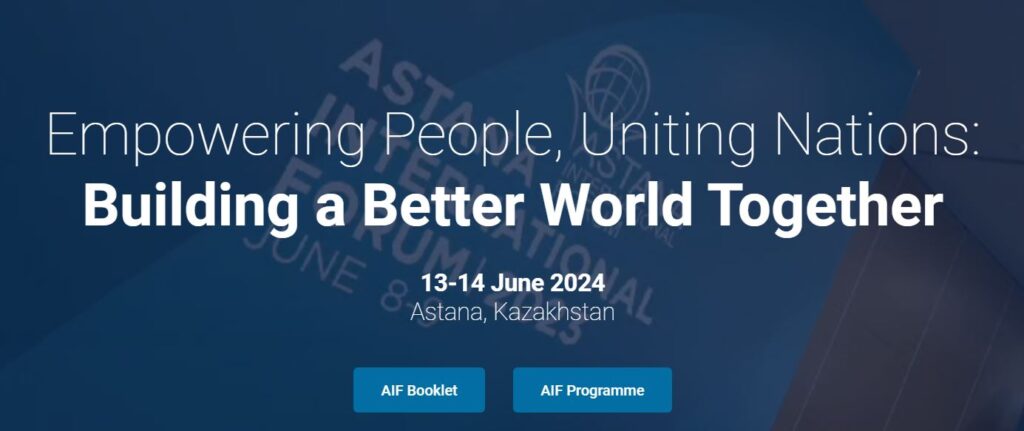Kazakhstan Cancels International Forum to Focus on Flood Recovery
Kazakhstan’s president said on Saturday that he has canceled a major international forum scheduled for June in Astana so that the country can tackle nationwide floods. “Due to the severe flooding in Kazakhstan and the need to allocate financial resources for the relief efforts and aid for affected citizens, I have made the decision to cancel the Astana International Forum that was scheduled for June 13-14 this year,” President Kassym-Jomart Tokayev said in a statement. “I sincerely hope that the invited participants will treat this decision with understanding. The Astana International Forum will resume its activities in 2025,” Tokayev said. Floods in many regions of Kazakhstan since last month have forced the evacuation of tens of thousands of people and disrupted transport and communication links. The president has described the floods as Kazakhstan’s worst natural disaster in 80 years. First launched in 2008 as an economic forum, the Astana International Forum aims to attract senior officials from governments, business and other institutions to discuss pressing challenges, such as climate change, food shortages, and energy security.



